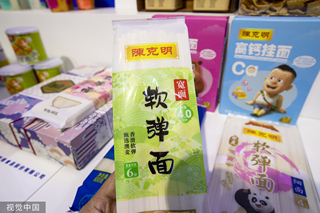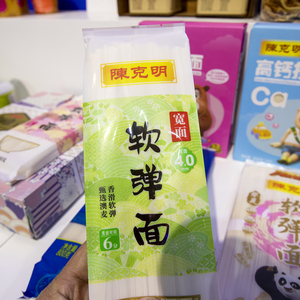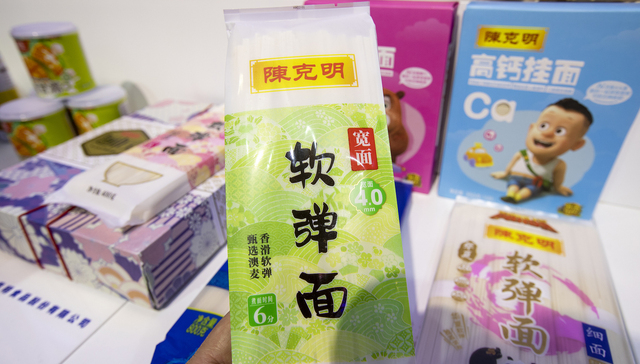By LI Ye, ZHANG Xiaodi
Chen Keming, 72, the founder of China’s largest noodle and flour maker Chen Ke Ming Food bailed out of the company on October 17, a week before CKM released its miserable Q3 report showing an 8.5 percent drop in income and a collapse in net profit to 11.2 million yuan, down by over 90 percent.
Chen’s rags-to-riches story from a poor carpenter’s apprentice who lost three fingers to a household name is Chinese business folklore.
In 1988, Chen started to sell noodles along the streets of his hometown in Hunan Province. He stamped his name on the packs of noodles he sold, a pioneering branding move at a time when such awareness was quite uncommon in China. He spent five years registering his name as a trademark.
Chen expanded from a small county town to all over China. In 2012, CKM went public on the Shenzhen Stock Exchange. In the five years from 2018 to 2022, CKM’s income increased every year to eventually total over 20 billion yuan, but profitability was not stable. In 2021, although operating income was on the rise, profitability dropped by 90 percent.

Last year, under rising financial pressure, Chen Keming started pig farming, a business that had already been proven unsuccessful by many agricultural companies. At the end of 2022, CKM acquired more than 51 percent of the equity of piggery Xinjiang Muge for 637 million yuan, becoming its controlling shareholder.
In order to acquire Xinjiang Muge, CKM took out loans totaling 400 million yuan. As of the end of Q3, CKM's funds on the books stood at 420 million yuan, with short-term debt of 2.1 billion yuan.
CKM planned to improve the layout of the food industry and add more growth points under the premise of ensuring the development of the company's main business, but things went the same way for CKM as they had for the others who failed before.
In the first half of 2023, CKM sold 2.7 million pigs, for 333 million yuan, averaging 1,250 yuan per pig. In comparison, Muyuan Foodstuff sold a total of 30 million pigs for 50 billion yuan, averaging 1,700 yuan per pig. CKM’s pig sales were less than 1 percent of Muyuan’s, despite being much cheaper.
In recent years, CKM has consistently had a large amount of short-term borrowings on its books, which means it borrows new money every year to repay old debts, trapped in a Ponzi of its own making. Interest in 2021 amounted to 20 million yuan.
To alleviate financial pressure, in April, CKM applied to issue more shares to raise 415 million yuan to supplement working capital and repay debts. The application was approved by the China Securities Regulatory Commission in June.





